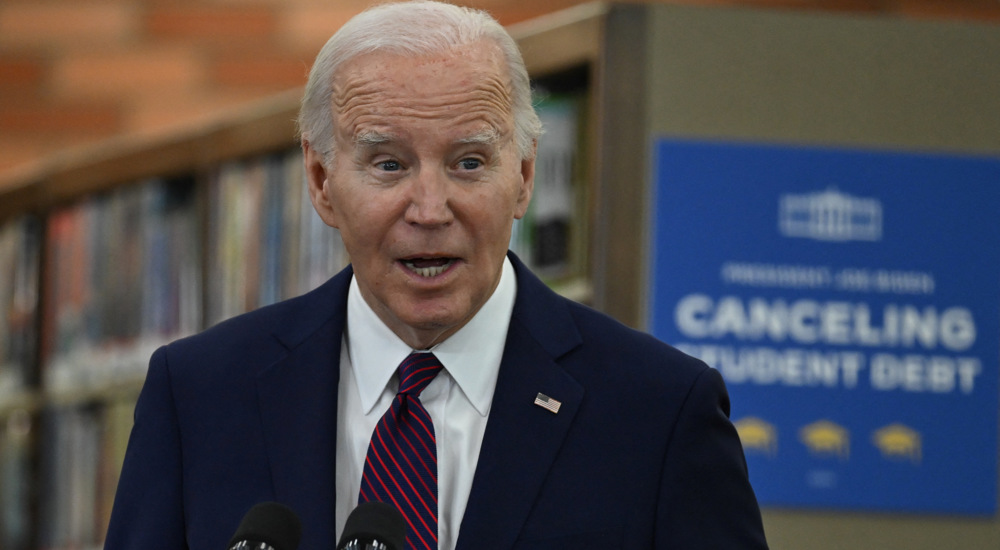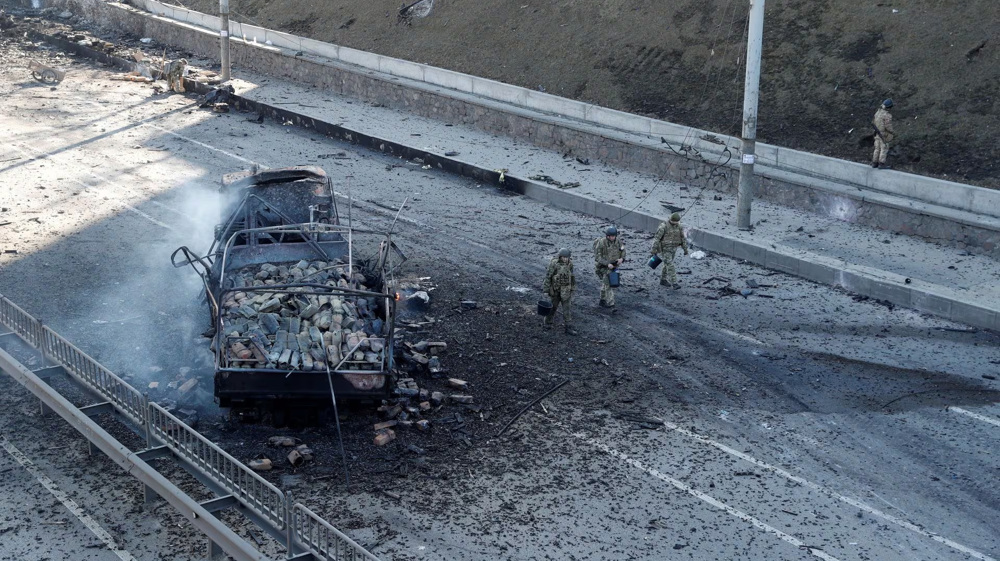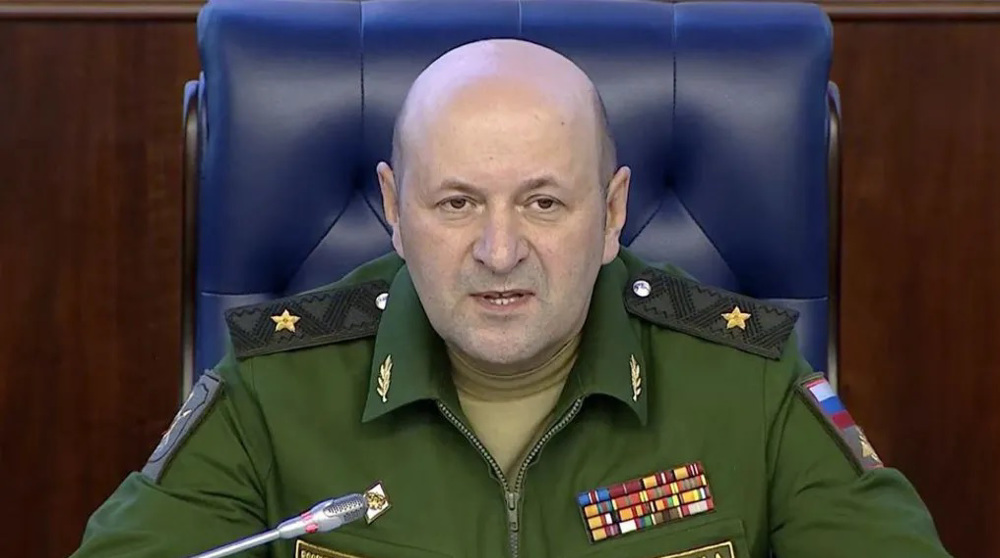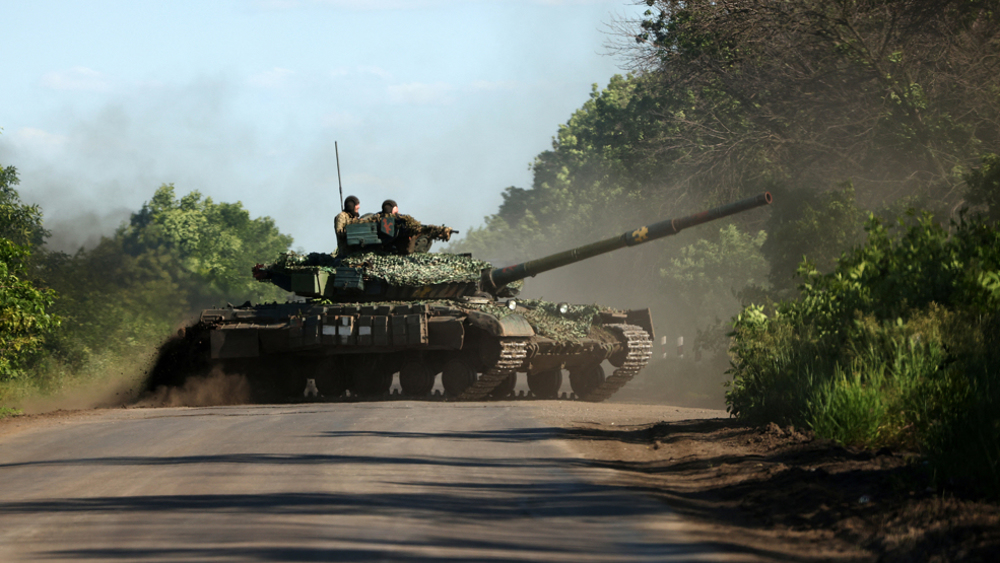US announces 500 new sanctions against Russia
The administration of US President Joe Biden has announced a fresh wave of economic sanctions against Russia ahead of the second anniversary of the country's "special military operation" in Ukraine.
The Treasury Department announced on Friday that it will impose 500 new sanctions on Moscow, which will notably target the Mir credit card system, set up by Russia to avoid reliance on US-based networks.
The department also said it was targeting investment funds and regional banks to target "Russia's core financial infrastructure."
Biden said in a statement that the sanctions will make Russian President Vladimir Putin pay a "steeper price" for what he called "aggression abroad and repression at home."
"We are also imposing new export restrictions on nearly 100 entities for providing backdoor support for Russia's war machine.”
By the announcement of the new sanctions, Washington is also trying to reassure Ukraine of its unwavering support, as political tensions in the US have delayed the delivery of a military aid package to Kiev.
The White House's $60 billion package for Ukraine has been reportedly approved by the Senate but is still waiting for a final congressional vote.
US media reports revealed Monday that the Biden administration is prepared to send long-range tactical missiles to Ukraine if Congress approves the new funding package.
The latest sanctions also come in part in response to the death of Russian opposition figure Alexey Navalny last week in a Siberian prison. The West blames the Kremlin for his death.
Moscow, however, said the West's reaction to Novelty’s death was “unacceptable" and "hysterical.”
Earlier on Friday, the European Council announced that the 27 EU member states, in addition to the United Kingdom, had agreed with the 13th package of sanctions against Russia.
Russia's Ministry of Foreign Affairs condemned the EU’s “fruitless” sanctions, noting that the measures aim to mount pressure on Russia through “unilateral restrictive measures.”
The ministry, in its Friday statement, described the move as "illegal", noting the sanctions undermine the international prerogatives of the UN Security Council.
D-8’s role in Iran’s economy after Cairo summit
China slams US as ‘war-addicted’ threat to global security
China ‘firmly opposes’ US military aid to Taiwan
VIDEO | Press TV's News Headlines
President Yoon Suk Yeol to be removed from office
At least 19 Gazans killed by Israeli airstrikes since dawn: Medics
Leader: Iran neither has nor needs proxy forces
US fighter aircraft shot down ‘in friendly fire’ amid aggression on Yemen













 This makes it easy to access the Press TV website
This makes it easy to access the Press TV website